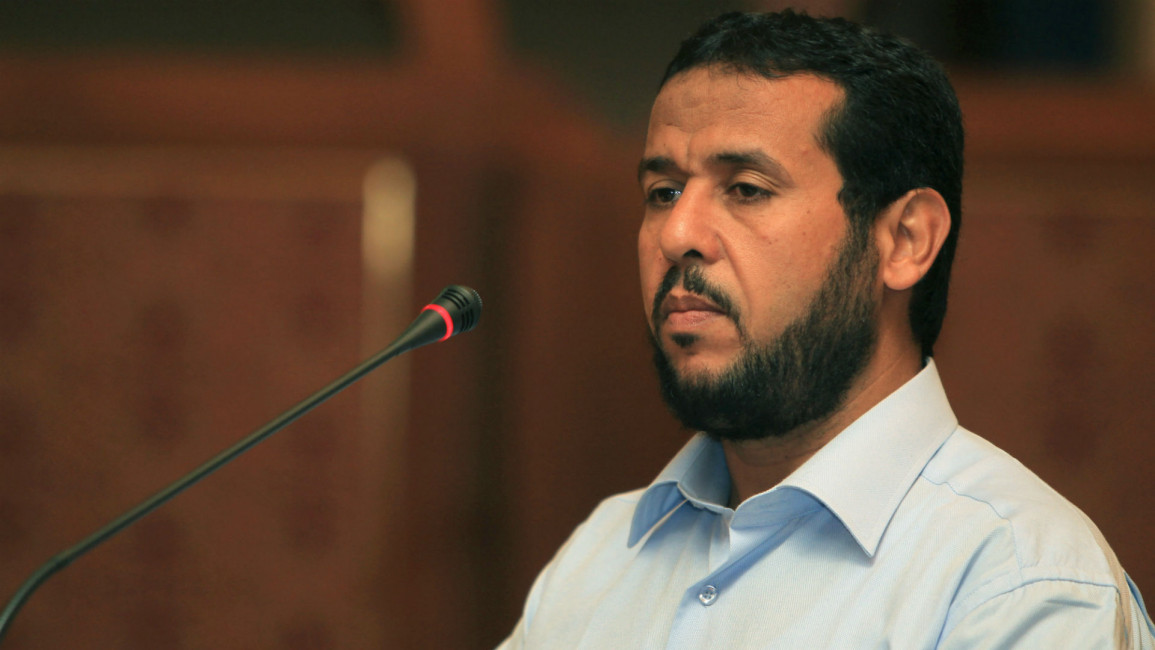Britain's top court hears landmark Libyan rendition case
Britain's top court began hearings on Monday in a landmark case involving a Libyan man who accuses the British government of conspiring with the CIA in his "rendition" to Libya for torture in 2004.
The Supreme Court is hearing the case after the state appealed a previous Court of Appeals ruling in October 2014 that gave Libyan politician and military leader, Abdelhakim Belhadj and his wife, Fatima Boudchar, the right to take the government to court.
| Campaigners believe the Belhaj case could open the door to similar legal action in torture cases |
"For years the British government has sought to shut the door of the British courts to victims of torture and state-sponsored kidnapping," said Cori Crider, from the legal charity Reprieve.
Campaigners believe the Belhaj case could open the door to similar legal action in torture cases.
Belhaj, a former Islamist militant who became Tripoli's military commander after Libyan dictator Muammar Gaddafi was ousted in the 2011 revolution, claims British involvement in his illegal rendition.
He and his wife said they were detained by US intelligence officers at Bangkok airport in Thailand in 2004 when Belhaj was leader of the anti-Gaddafi Libyan Islamic Fighting Group.
His wife was several months pregnant at the time.
The couple were then taken to Tripoli, where Belhaj was jailed for six years.
Files unearthed from Gaddafi's archives after his fall suggest he was captured due to a British tip-off after he initially made an attempt to seek asylum in Britain.
The legal action he has launched is against the British government, including the MI5 and MI6 intelligence agencies.
Evidence of the important role the UK played in the couple's rendition is detailed in documents held by the Libyan security services, which came to light after Gaddafi's fall.
On 18 March 2004, Allen sent a letter to Moussa Koussa, head of the Libyan intelligence agency at the time thanking him for for organising Tony Blair's recent visit to Gaddafi.
He said: "Most importantly, I congratulate you on the safe arrival of Abu Abd Allah Sadiq [Abdul-Hakim Belhaj]. This was the least we could do for you and for Libya to demonstrate the remarkable relationship we have built over the years. I am so glad."
The government has argued that evidence should not be heard because the claims involved other countries.
Campaigners say Britain is only concerned about damaging its relations with the United States.



